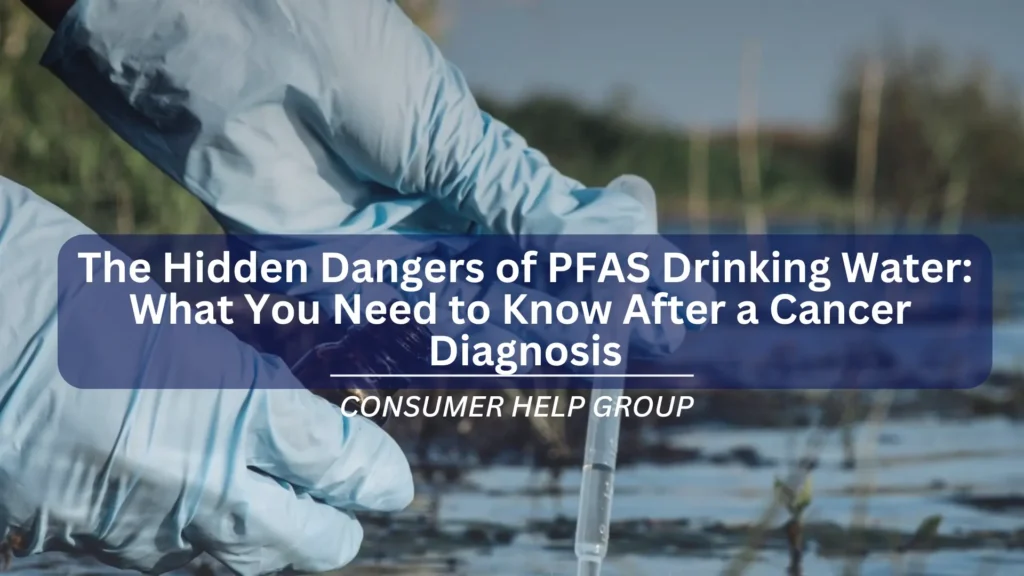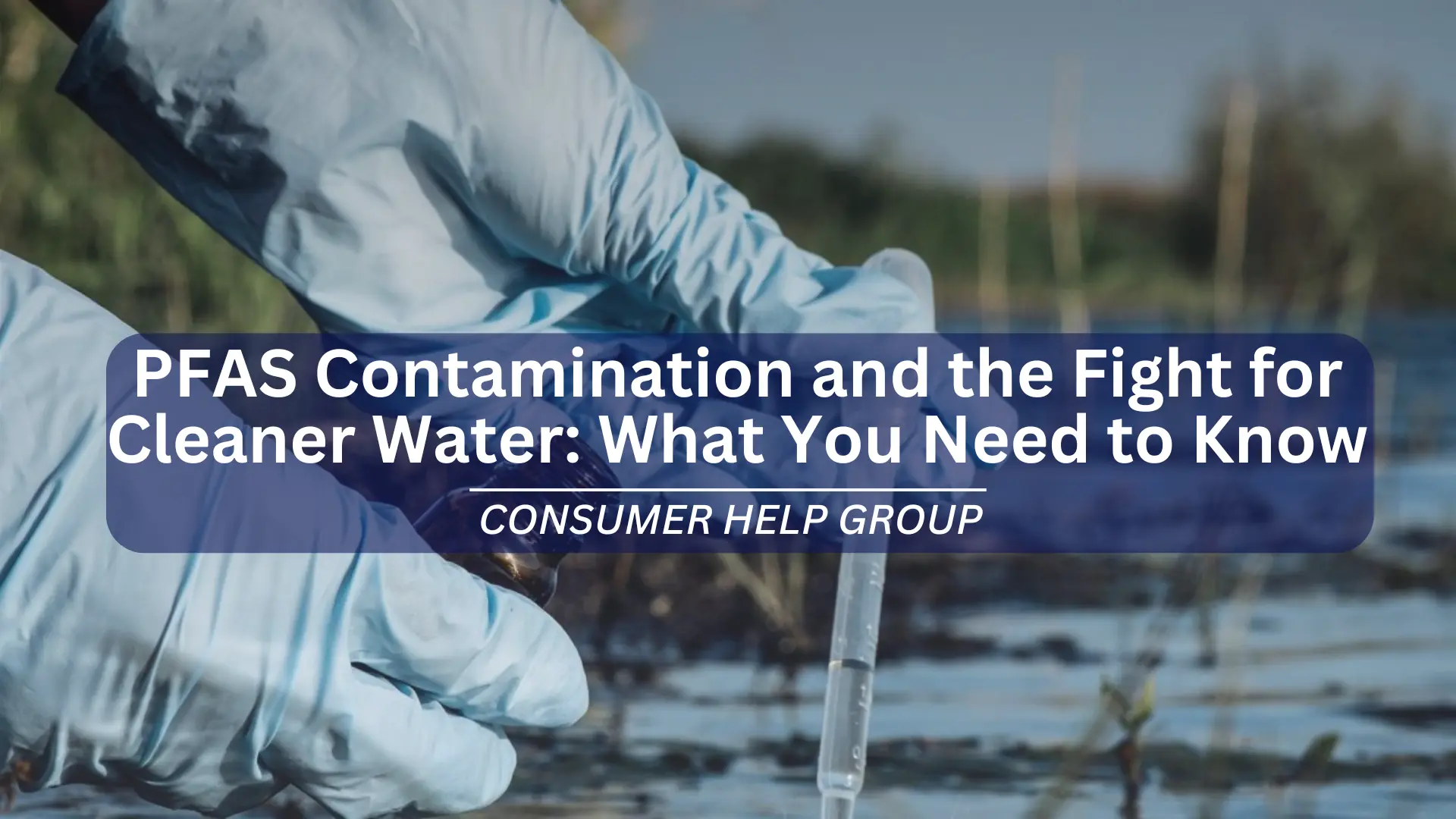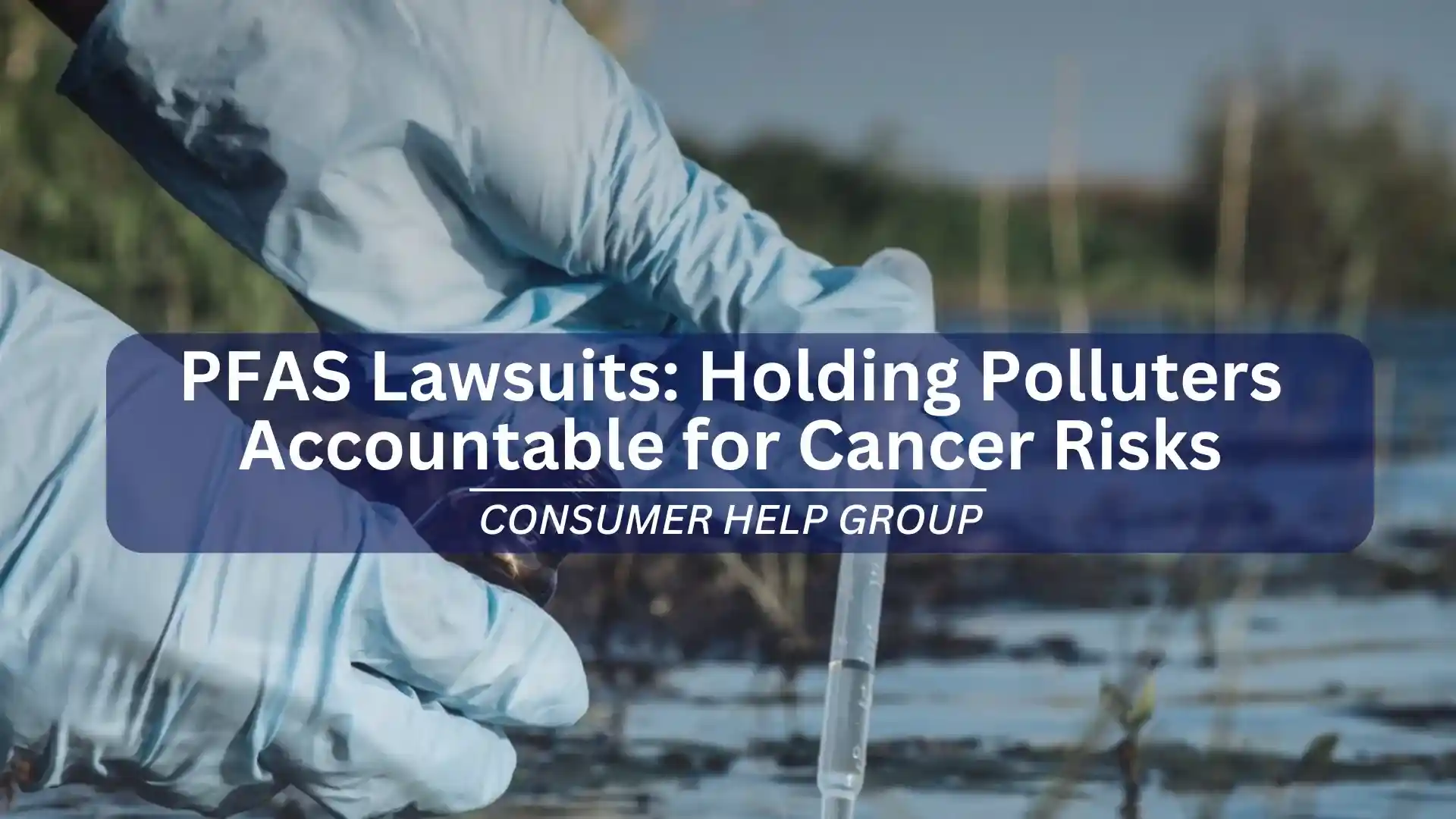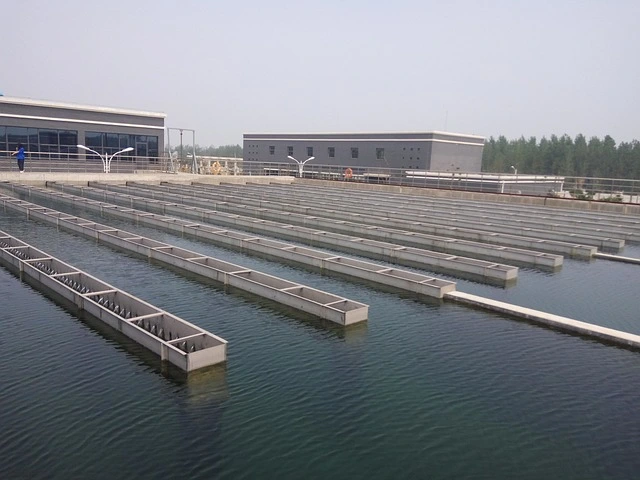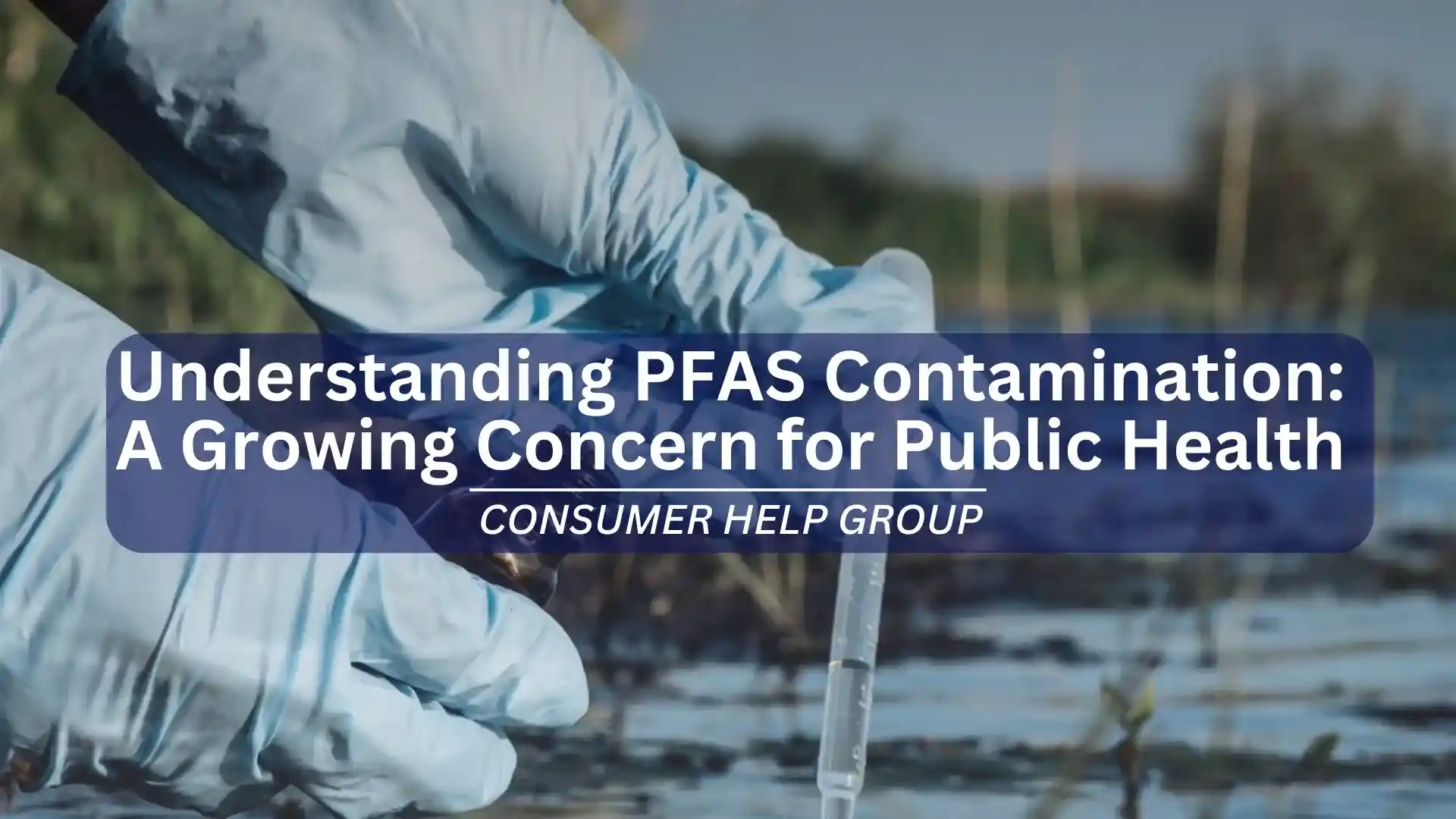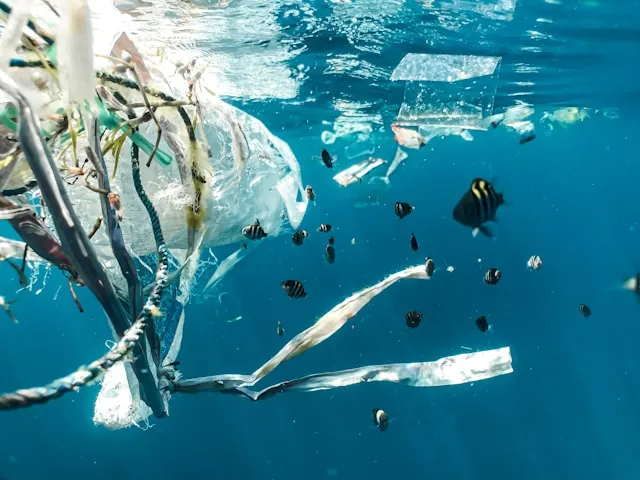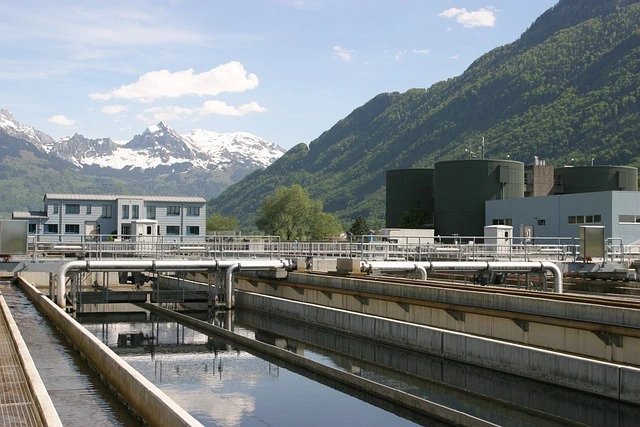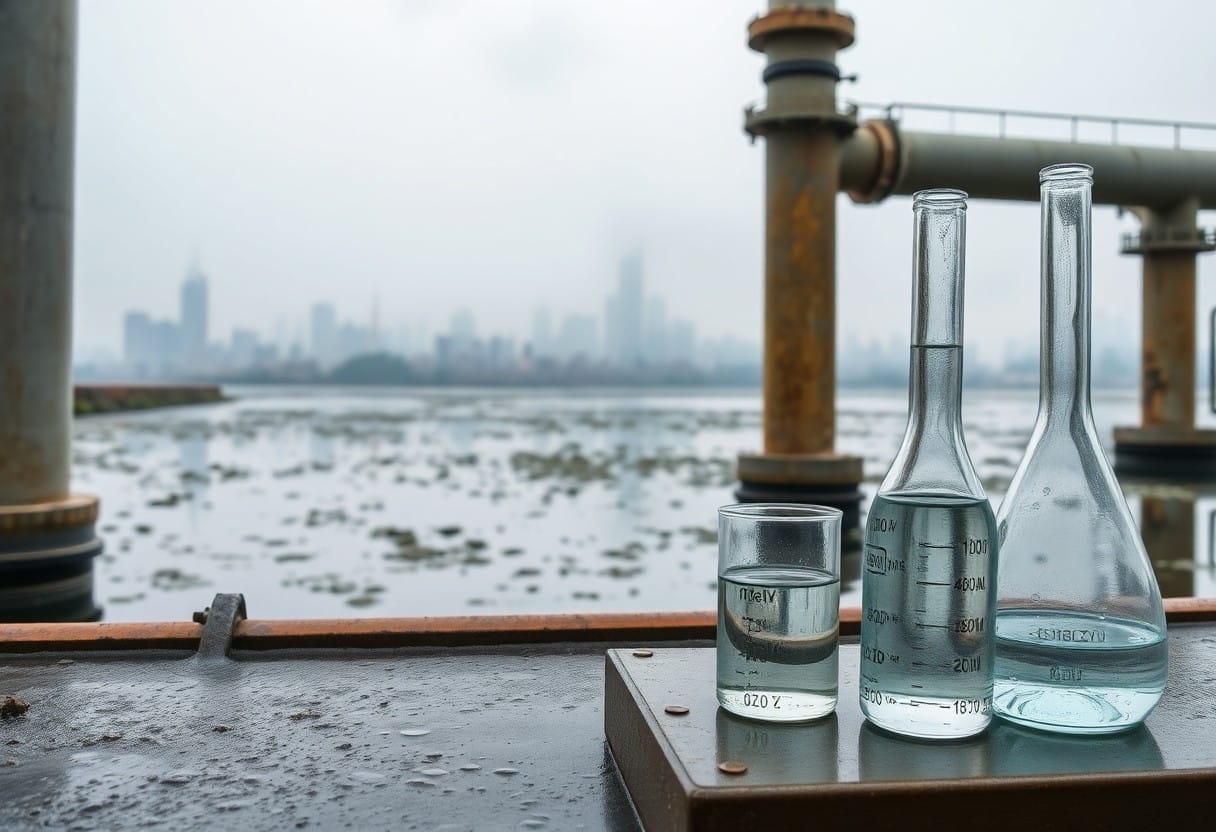PFAS, or per- and poly-fluoroalkyl substances, are a group of man-made chemicals that have silently infiltrated water supplies across the United States. Commonly referred to as “forever chemicals” due to their inability to break down in the environment, PFAS are now linked to serious health risks, including cancer.
How PFAS Contaminate Drinking Water
PFAS are used in everyday products like nonstick cookware, stain-resistant fabrics, and food packaging. Over decades, these chemicals have leached into soil and water supplies through industrial discharge, landfill waste, and the use of firefighting foam. Municipal water systems in affected areas have struggled to remove PFAS, leaving millions exposed to their harmful effects.
The Health Impact of PFAS Exposure
Research has linked prolonged exposure to PFAS with several types of cancer, including:
- Kidney Cancer: PFAS can damage renal function, increasing the likelihood of cancerous cell growth.
- Testicular Cancer: Studies have found elevated risks among individuals exposed to high PFAS levels.
- Liver Cancer: PFAS disrupts liver enzymes, leading to potential cancer development.
In addition to cancer, PFAS exposure has been associated with immune system suppression, hormonal disruptions, and developmental issues in children.
What to Do After a Cancer Diagnosis Linked to PFAS
If you or a loved one has been diagnosed with cancer connected to PFAS exposure, taking the following steps can make a difference:
- Seek Specialized Medical Care: Work with oncologists who have experience treating cancers related to environmental toxins.
- Test Your Water: If PFAS exposure is suspected, test your home’s water supply to confirm contamination levels.
- Document Your Case: Record your water source history, medical diagnosis, and any exposure data. This information will be crucial if you pursue legal action.
- Explore Legal Options: Many lawsuits are being filed against companies responsible for PFAS contamination. Financial compensation can help cover medical costs and other damages.
Protecting Yourself and Your Family Moving Forward
To reduce further exposure:
- Use water filters designed to remove PFAS, such as activated carbon or reverse osmosis systems.
- Choose PFAS-free household products.
- Stay informed about PFAS levels in your area through local government reports.
Conclusion
If you’ve been affected by cancer linked to PFAS contamination, Consumer Help Group can provide the support and guidance you need. They specialize in PFAS contamination lawsuits, helping individuals like you seek justice and compensation. Contact them today to learn more about your legal options and start the path toward recovery.


